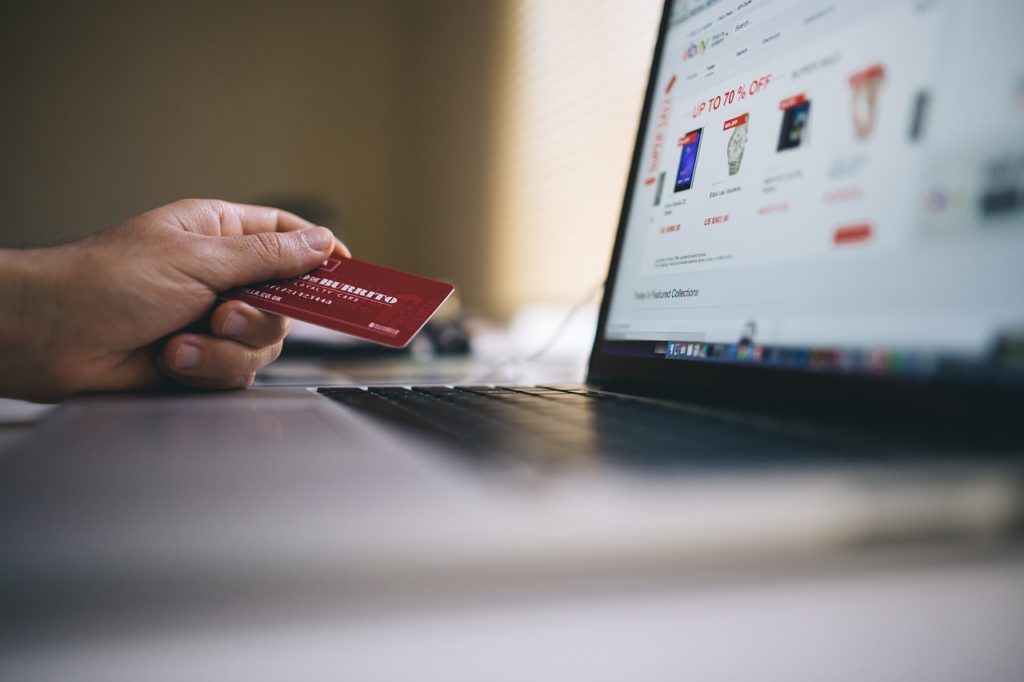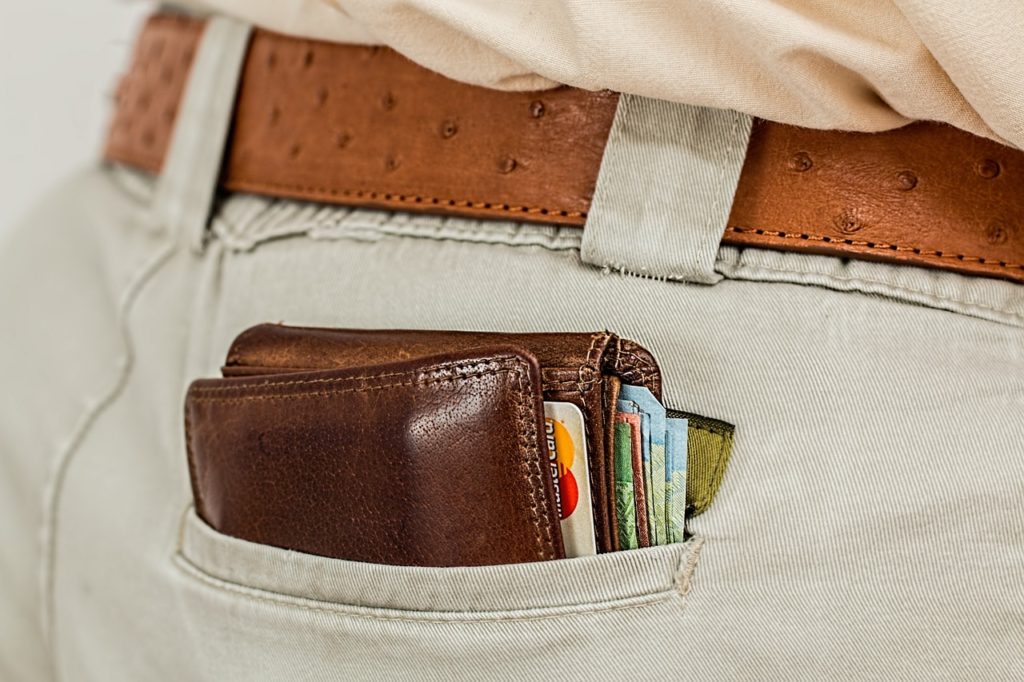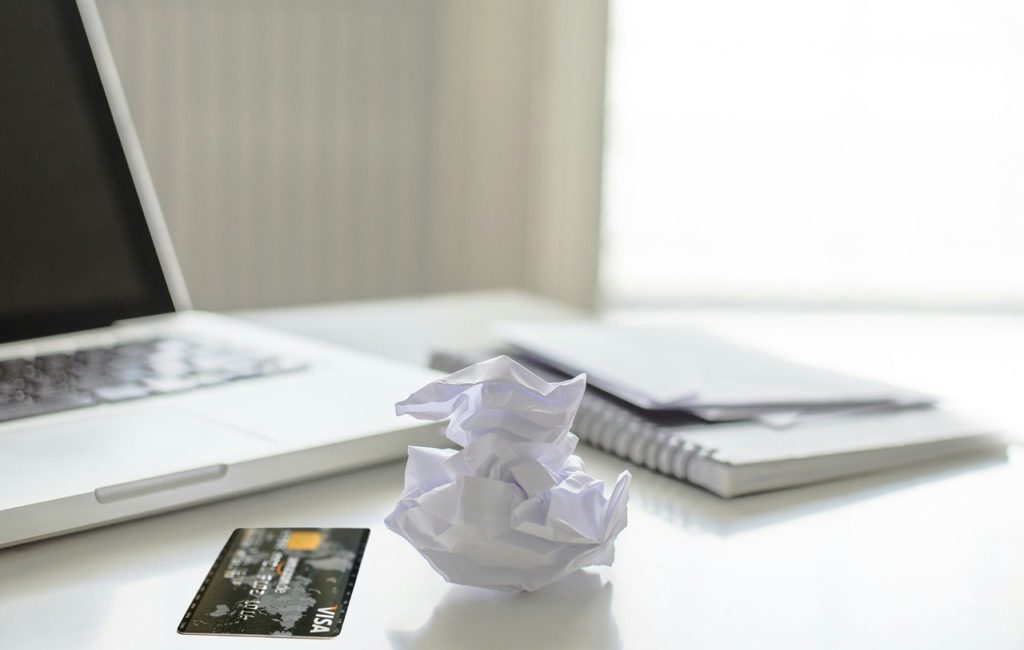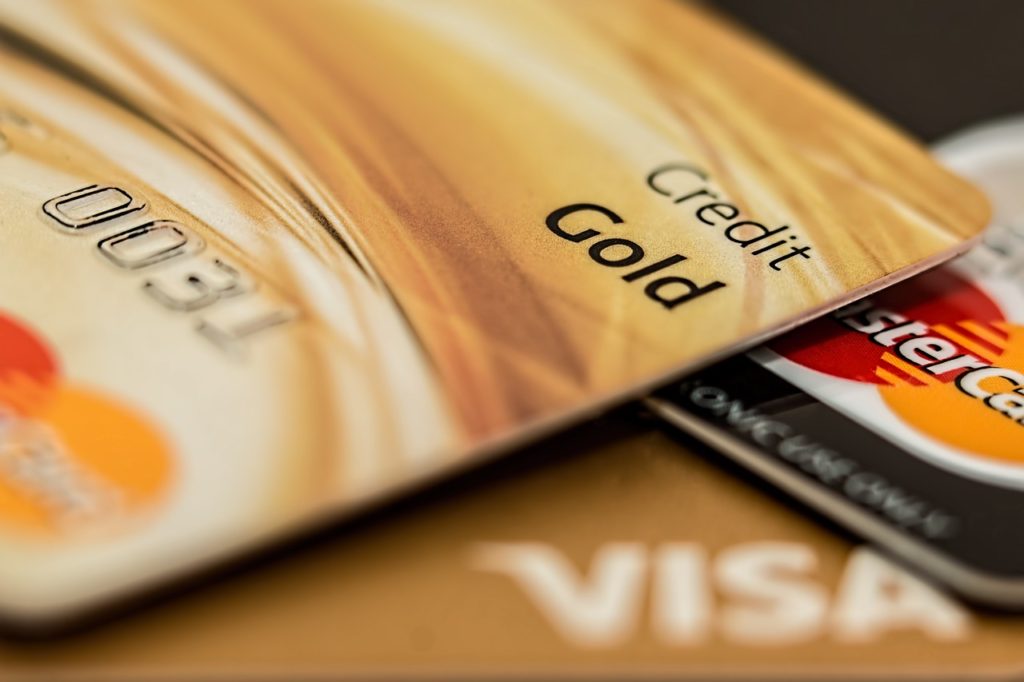We’ve all been there – you’re looking at your credit card statement, and you can’t believe how much you charged last month. You swore you’d be more mindful this month, but here you are with another bill to pay. Don’t worry; we’ve got five steps to help you bounce back and start getting your finances back on track.
5 Tips to Bounce Back After You’ve Charged Too Much on Your Credit Card
Step 1: Assess the damage
When you’ve overcharged your credit card, the first thing to do is assess the damage. This means understanding how much money you’ve spent and how much debt you’ve accrued. Avoiding the problem won’t solve your troubles.
Step 2: Make a plan
Once you understand the damage you’ve done, the next step is to make a plan to bounce back. This means creating a budget that diverts a significant chunk of money to paying off your credit card until the balance is back to $0. You’ll likely need to cut costs to free up extra money, but remember that these sacrifices are only temporary until you get your financial situation back on track.
The best plans work when you have a strategy and a timeline. Tools like a loan repayment calculator will give you a thorough understanding of how long your payoff strategy will take and what interest you can expect to pay—seeing the cold, hard numbers might motivate you to implement your plan as soon as possible.
Step 3: Implement the plan
If you won’t be able to pay off your credit card before your next statement closes, consider applying for a credit card with a lower interest rate and transfer your balance to the new card for the time being. You’ll probably get hit with a 3- 5% balance transfer fee, but that percentage is minimal compared to whatever interest rate you’re charged on outstanding balances. You’ll get a little more breathing room to pay off your debt without accruing additional interest if you go this route.
Step 4: Consider returning the things you’ve bought
If you can’t get rid of your outstanding balances, then it might be better to return your impulse purchases if you can. The interest you’ll accrue on these purchases will only increase their cost and isn’t worth the hassle, especially if you can purchase it at a later date when your finances are in a better place.
Step 5: Stay positive!
The hardest thing about bouncing back after overspending is dealing with negative emotions such as guilt or shame. But remember, stay positive and take it one day at a time. You’ll be able to climb out of this soon if you actively commit to reducing your debt.
The bottom line
In conclusion, overspending on your credit card can be a stressful situation to find yourself in, but there are steps you can take to bounce back. Start by assessing the damage and making a plan to pay off your debts. Implement the plan by creating a budget and cutting back on unnecessary expenses. Consider returning any items you purchased that you can live without.
Most importantly, stay positive and remember that you can recover from this situation with time and effort. By following these five tips, you can get back on track and take control of your finances. With discipline and determination, you can overcome the challenge of overspending on your credit card.
Charging too much on your credit card can be frustrating, but it’s not the end of the world. Follow these five steps, and you’ll be able to bounce back and hopefully prevent making the same mistake in the future.





